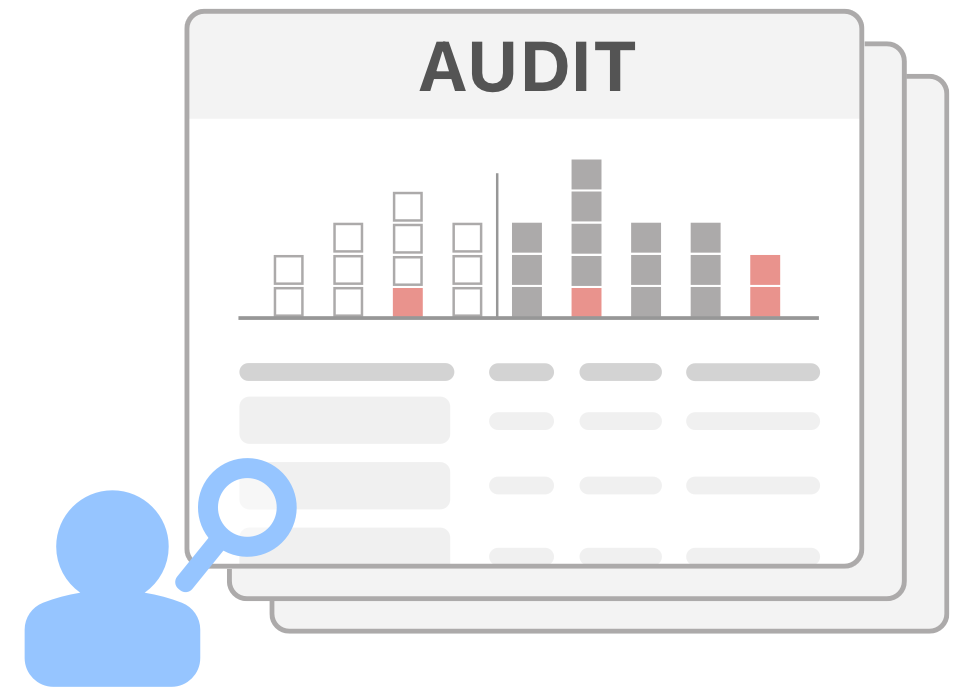Because algorithm audits are conducted by technical experts, audits are necessarily limited to the hypotheses that experts think to test. End users hold the promise to expand this purview, as they inhabit spaces and witness algorithmic impacts that auditors do not. In pursuit of this goal, we propose end-user audits—system-scale audits led by non-technical users—and present an approach that scaffolds end users in hypothesis generation, evidence identification, and results communication. Today, performing a system-scale audit requires substantial user effort to label thousands of system outputs, so we introduce a collaborative filtering technique that leverages the algorithmic system's own disaggregated training data to project from a small number of end user labels onto the full test set. Our end-user auditing tool, IndieLabel, employs these predicted labels so that users can rapidly explore where their opinions diverge from the algorithmic system's outputs. By highlighting topic areas where the system is under-performing for the user and surfacing sets of likely error cases, the tool guides the user in authoring an audit report. In an evaluation of end-user audits on a popular comment toxicity model with 17 non-technical participants, participants both replicated issues that formal audits had previously identified and also raised previously underreported issues such as under-flagging on veiled forms of hate that perpetuate stigma and over-flagging of slurs that have been reclaimed by marginalized communities.
|
